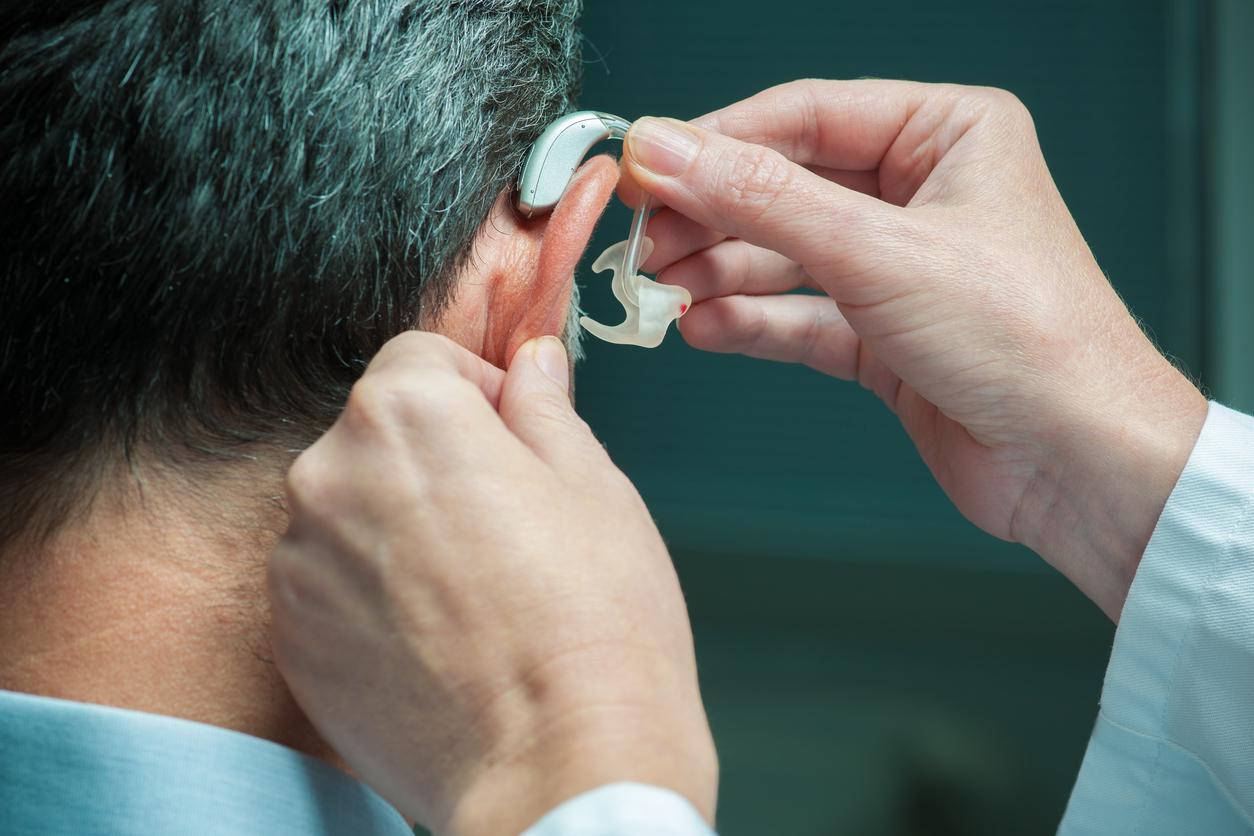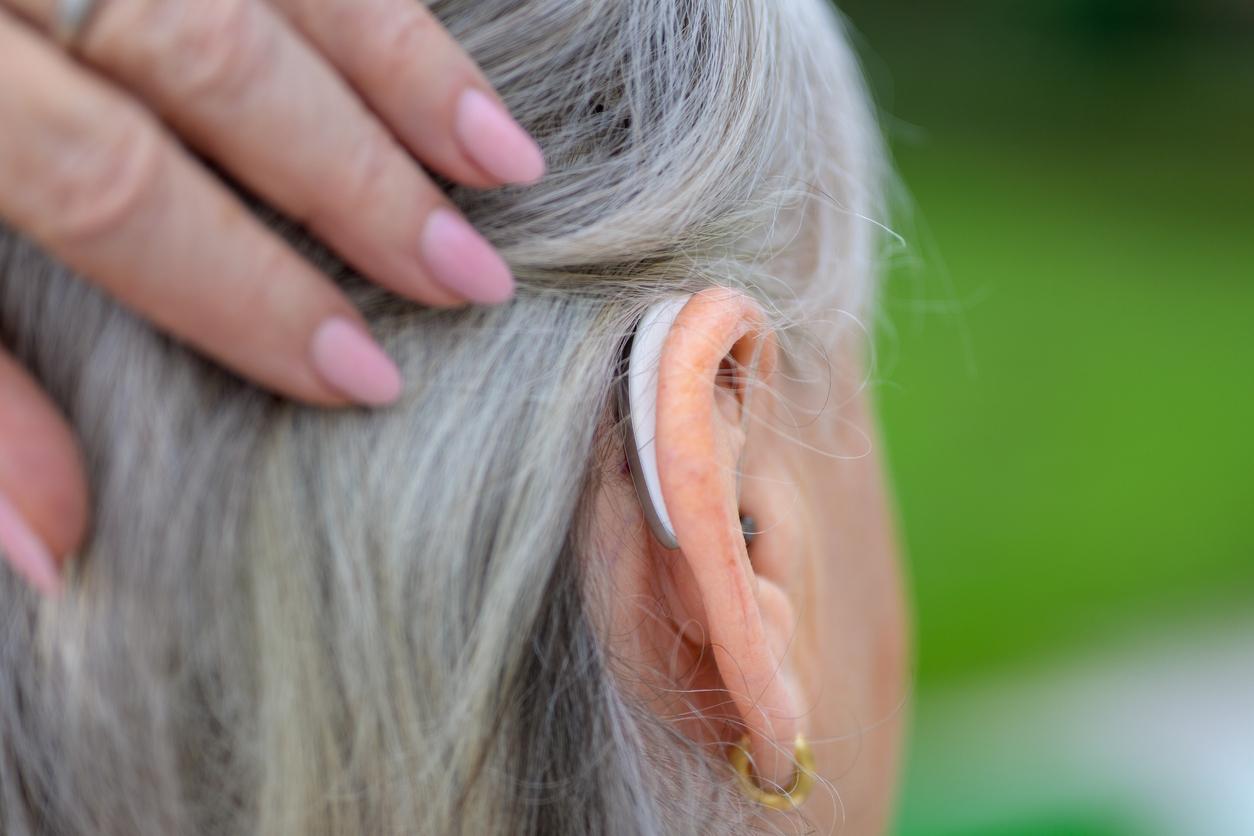Tinnitus, a persistent ringing and noise in the ears, is thought to be associated with undetected auditory nerve damage.

- People with normal hearing tests but who suffer from tinnitus have hearing nerve loss.
- Tinnitus can therefore be triggered by loss of the auditory nerve.
- Ultimately, regenerating the auditory nerve could be an avenue for curing patients.
Many people report ringing and noise in their ears, known as tinnitus, but doctors cannot determine the cause because hearing tests come back normal. But a new study, published in the journal Scientific Reports, could have found an explanation: undetected hearing loss would encourage the brain to overcompensate by increasing the activity of neurons involved in sound perception, thus creating phantom noises.
Tinnitus: undetected auditory nerve damage
“Beyond persistent ringing or other sounds in the ears, symptoms of tinnitus [ont des répercussions] in many patients, such as lack of sleep, social isolation, anxiety and depression, which negatively affects their work performance and significantly reduces their quality of life”recalls Stéphane F. Maison, one of the authors, in a communicated presenting their work.
In seeking to understand the mechanisms behind this annoying and often unexplained symptom, the scientist and his team discovered that tinnitus may be linked to damage to specific fibers of the auditory nerve that are not detected by standard hearing tests.
For their study, they had recruited 201 people who reported that they had never had tinnitus in their lives, 64 who had experienced it “at some point” and 29 who had chronic tinnitus (their symptoms had persisted for at least least six months). Hearing tests ensured that they all had “normal hearing.”
But then the team measured the volunteers’ auditory nerve and brainstem activity in response to the clicking sounds. Result: The data showed that chronic tinnitus was not only associated with damage to the auditory nerve, but that participants also showed hyperactivity of brain activity.
“Tinnitus can be triggered by auditory nerve loss, including in people with normal hearing, according to our study.“, concludes Stéphane F. Maison.
Loss of the auditory nerve linked to tinnitus
Scientists plan to continue their research and perhaps one day be able to develop a treatment to cure tinnitus.. For example, they plan to study the possibility of regenerating the auditory nerve using growth factors called “neurotrophins”.
“We can not [les] cure until we understand all the mechanisms involved in their development, explains Stéphane F. Maison. This work is a first step toward our ultimate goal: ending tinnitus.“A major issue because, globally, one in ten people are affected by this hearing disorder, according to the National Institute of Health and Medical Research (Inserm).
















